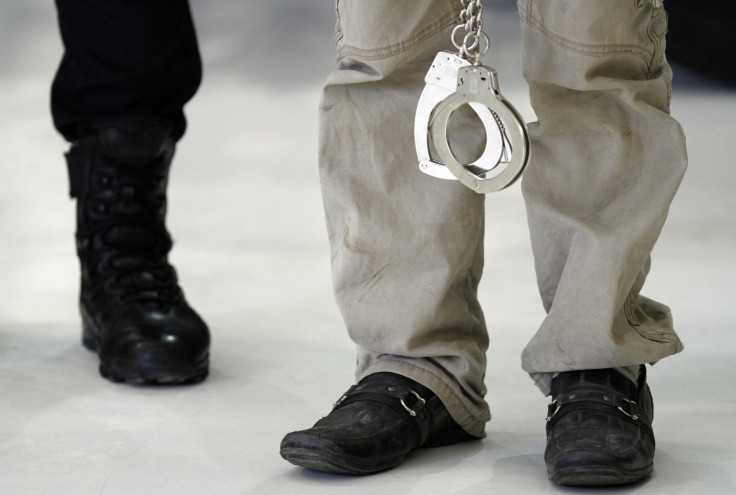A top Italian mobster was caught by Argentina's federal police on the outskirts of Buenos Aires, the security agency said in a statement on Monday, Oct. 31. The mobster's capture has finally brought an end to a manhunt that has been going on for over a year, said reports.
68-year-old Carmine Alfonso Maiorano, a leader of the Italian 'Ndrangheta mafia, was captured last Wednesday, Oct. 26 in the town of Guernica in the province of Buenos Aires, the statement said.
'Ndrangheta is considered one of the most extensive and powerful criminal organizations in the world by the International Criminal Police Organization, commonly known as Interpol.
International authorities have accused Italian-born Maiorano of carrying out illegal activities between Latin America and Europe which include drug trafficking and arms trafficking operations.
An international arrest warrant was issued for Maiorano in 2015, and Interpol launched an effort in 2020 to coordinate international efforts to take down the criminal group.
According to a police statement, the 'Ndrangheta mafia established itself in Argentina several years ago.
The detainee was placed at the disposal of Argentina's Federal Criminal and Correctional Court.
'Ndrangheta is a prominent Italian Mafia-type organized crime syndicate and criminal society based in the peninsular and mountainous region of Calabria and dating back to the late 18th century. It is considered one of the most powerful organized crime groups in the world.
Since the 1950s, following wide-scale emigration from Calabria, the organization has established itself worldwide. The 'Ndrangheta is the only one of the Italian mafia-type organizations to have maintained its ancient rites, passing them down orally and through secret codes. It is characterized by a horizontal structure made up of autonomous clans known as 'ndrine, based almost exclusively on blood ties.
The mafia's main activity is drug trafficking, on which it has a monopoly in Europe, but it also deals with arms trafficking, money laundering, racketeering, extortion, loan sharking, and prostitution. It is capable of heavily influencing local and national politics and infiltrating large sectors of the legal economy. In 2013 they purportedly made € 53 billion according to a study from Demoskopika Research Institute.
A US diplomat estimated that the organization's narcotics trafficking, extortion, and money laundering activities accounted for at least three percent of Italy's GDP in 2010.

© 2025 Latin Times. All rights reserved. Do not reproduce without permission.



